Lessons from Gen Z Protestors in Kenya on Overcoming Challenges
Written on
Chapter 1: A Shift in Leadership Dynamics
Recently, Kenyan President William Ruto had a notable meeting with U.S. President Joe Biden, marking a significant moment as he became the first African leader to receive an invitation for a State visit in 16 years.
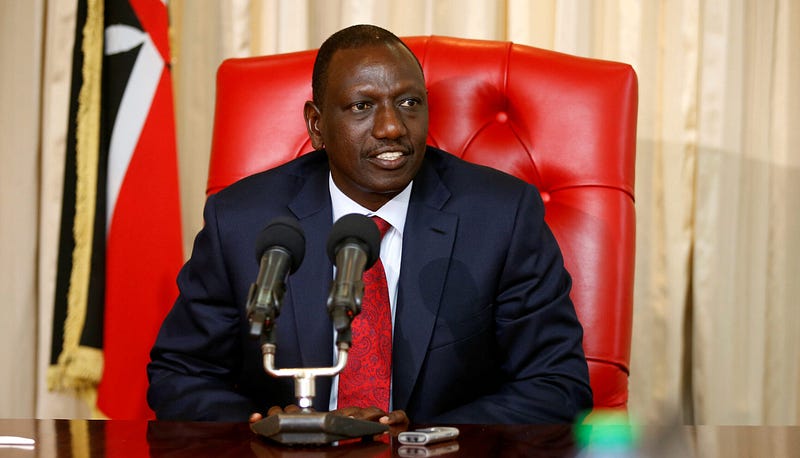
This meeting occurred during a critical time for the Alliance of Sahel States, which includes Mali, Niger, and Burkina Faso—countries striving to reclaim their autonomy from former colonial powers like France. This scenario has led to concerns that Ruto may be perceived as a Western ally, potentially undermining the efforts of leaders advocating for genuine freedom.
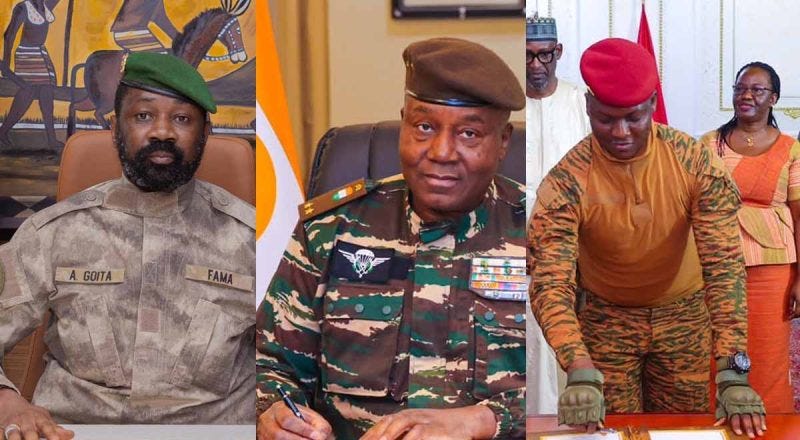
In Kenya, a controversial financial bill supported by the IMF was introduced, causing significant tax increases. This prompted many young citizens, particularly those in Gen Z, to initiate the #RejectFinanceBill2024 and #OccupyParliament movements. They utilized social media platforms like TikTok to organize protests.
As demonstrators took to the streets, many voiced slogans like "The IMF is my enemy." I have previously shared my views on how organizations such as the IMF and World Bank often fail to assist nations as they claim.
The Kenyan populace is increasingly frustrated with the soaring taxes, which have been applied to essentials like food, fuel, and transportation. President Ruto's efforts to generate $2.7 billion for the economy have placed additional strain on citizens who are already facing economic hardships.
Section 1.1: Understanding Kenya's Economic Struggles
Kenya's economic challenges stem from overwhelming debt, much of which is owed to the IMF and World Bank. These institutions, largely influenced by Western nations like the UK, France, and the US, operate under a system that favors wealthier countries. Their voting power is determined by GDP, revealing a lack of true independence in these financial organizations.
Initially, protests remained peaceful, but they escalated, leading to tragic outcomes, including at least 22 fatalities and over 300 injuries.
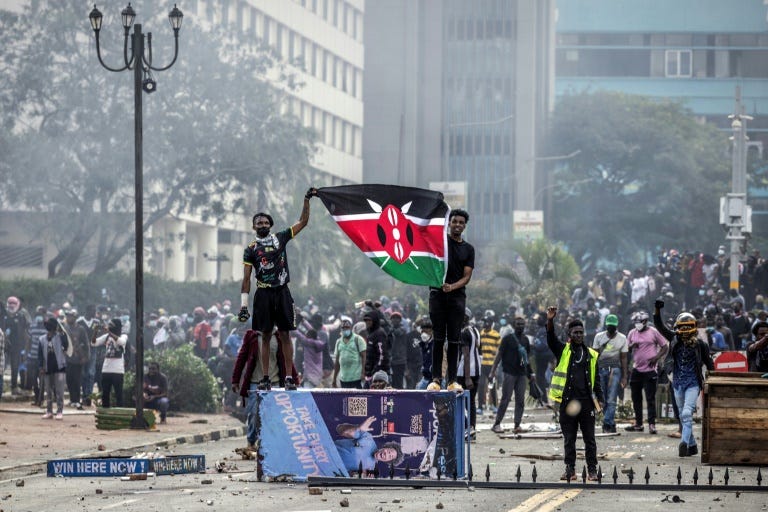
Dr. Simon Kigondu, President of the Kenya Medical Association, expressed his shock at the unprecedented levels of violence directed at unarmed citizens. Following civil unrest, law enforcement resorted to live ammunition against protestors storming Parliament.
Although President Ruto announced he would not endorse the finance bill, demonstrators continue to demand his resignation. The 'For A Better Kenya' movement is determined to persist in their demonstrations. Participant Hanifa Adan criticized the President's decision as a mere public relations tactic in light of the violence witnessed during the protests.
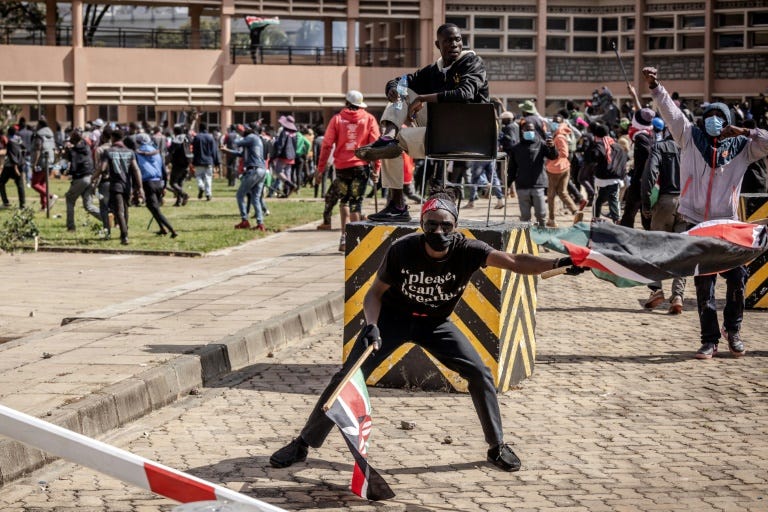
Adan also declared on social media that protestors would "march peacefully again, dressed in white, to honor our fallen comrades."
Chapter 2: The Cost of Freedom and Economic Independence
Despite his visit to the White House, President Ruto failed to advocate for debt cancellation from the IMF—debt that, given Africa's history of exploitation, should not exist. Instead, he sought improved trade agreements.
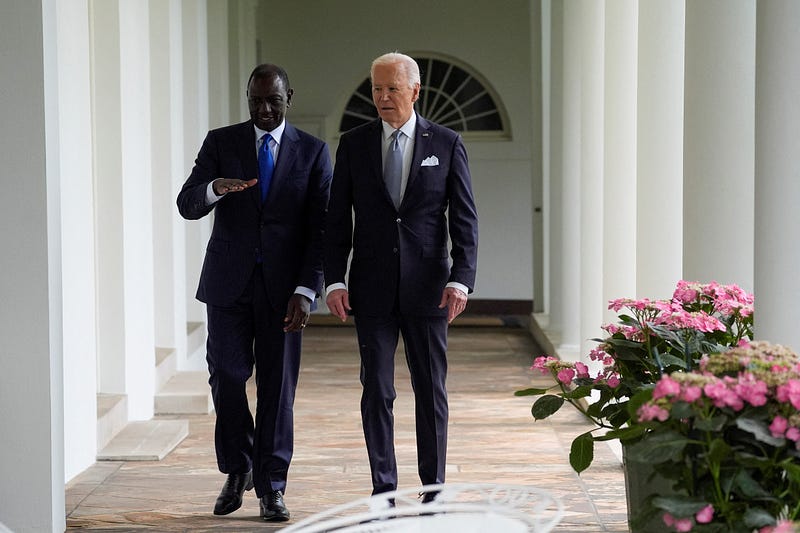
Why would one pursue deeper ties with entities to whom they owe billions? Requesting better deals while in debt is counterintuitive.
This situation reminds me of Proverbs 22:7, which states that "the rich rule over the poor, and the borrower is a servant to the lender."
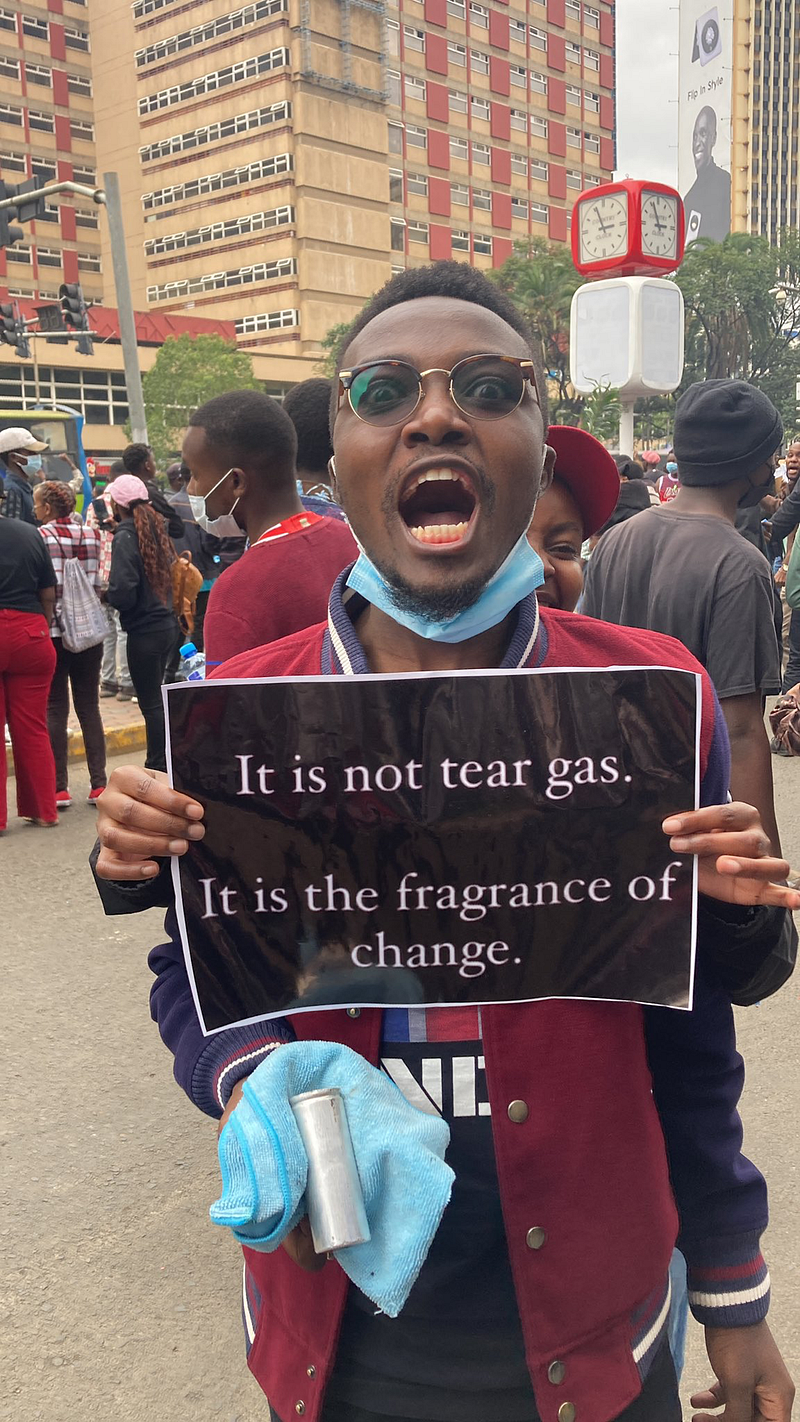
The courageous citizens of Kenya are refusing to accept a life of servitude. Regardless of our perceived independence, we remain shackled until we achieve economic freedom. Many African nations face significant challenges, yet the next generation is resolute in holding their leaders accountable.
They are taking matters into their own hands, teaching us that we can either succumb to circumstances or choose to take proactive steps in our lives and communities.
In the video titled "Gen Z Protests in Kenya: Diaspora Youth Reflections," viewers gain insight into the perspectives of young Kenyans participating in these protests, highlighting their motivations and aspirations for change.
The video "Researcher: The Gen Z protests in Kenya humbled the president" offers an analysis of how these movements have impacted political leadership and the broader implications for governance in Kenya.